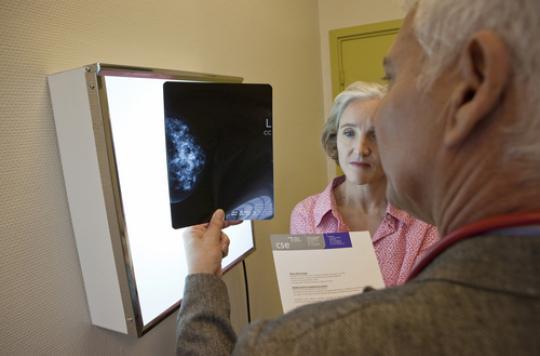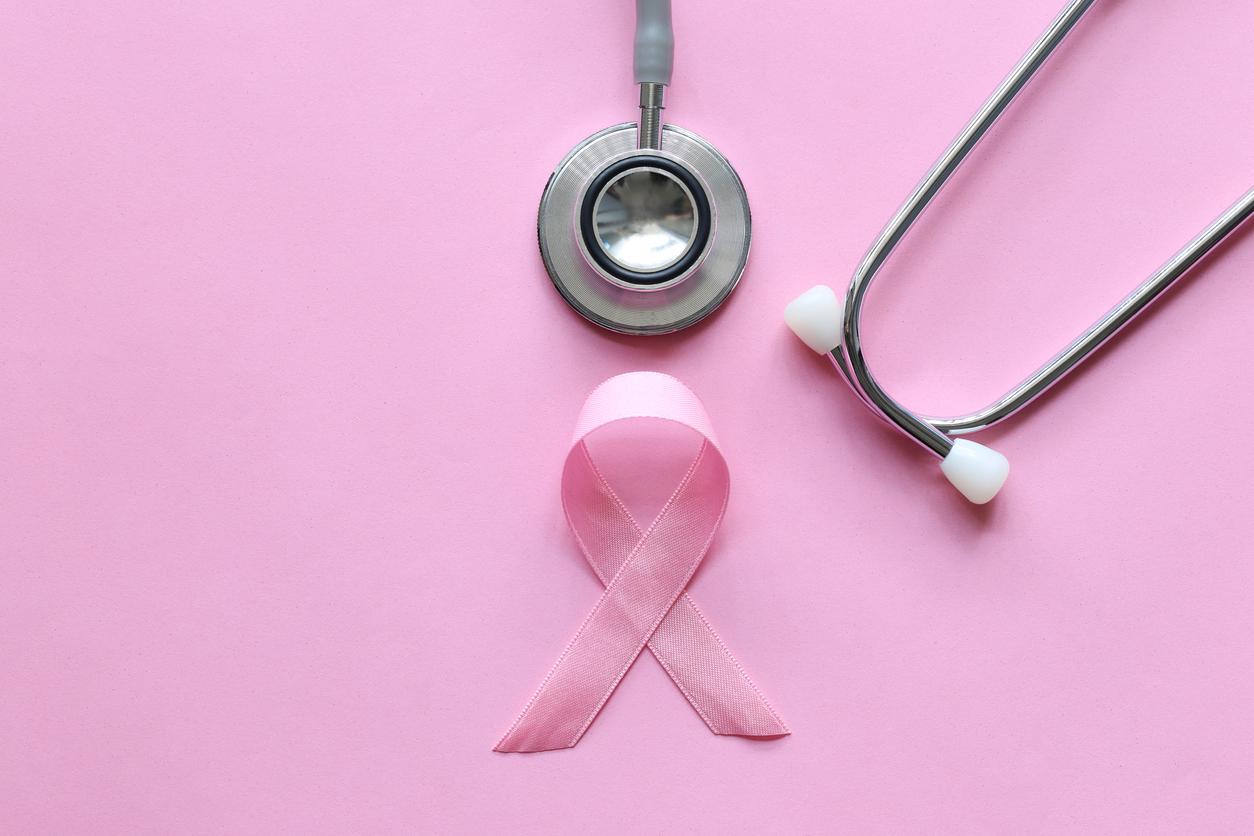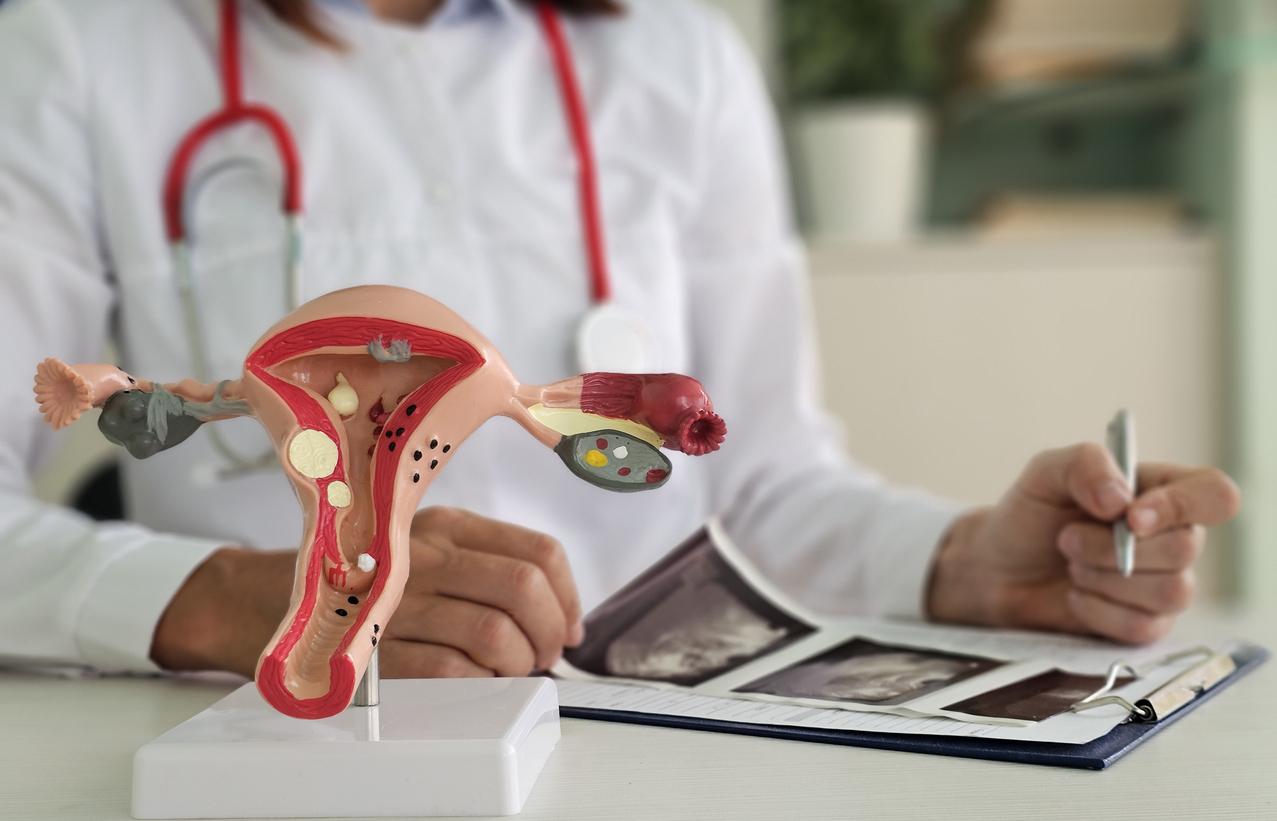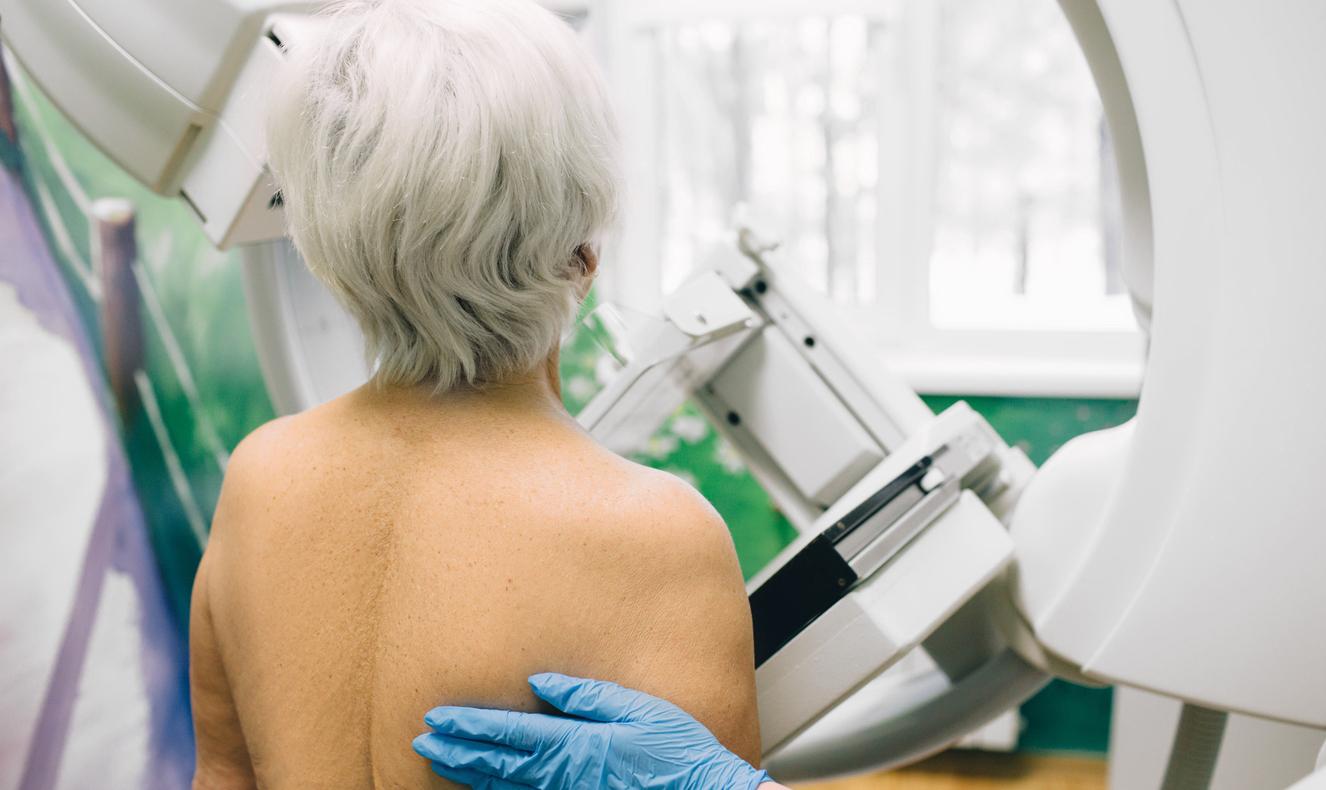The UFC-Que Choisir, the Princeps group, the Collectif Cancer Rose and the Prescrire magazine say they welcome the renovation of organized breast cancer screening.

The renovation of breast cancer screening, announced last week by the Minister of Health, is gaining traction. In an open letter addressed to Marisol Touraine, the UFC-Que Choisir association, the Princeps group, the Collectif Cancer Rose and the Prescrire magazine say they welcome “favorably” the overhaul of this organized screening program, the plan of which is expected from here the end of the year. And they make proposals.
The Ministry of Health asked for this overhaul after reading the report of the citizen and scientific consultation launched last October by the National Cancer Institute. A report far from praising this program generalized to all women over 50 years without particular risk. Because after 12 years of existence and 24 million mammograms performed, this examination is still the subject of controversy. At the top of the complaints: the risk of overdiagnosis and overtreatment, as well as a questionable benefit (reduction in cancer mortality by 30%).
An observation shared by the 4 signatories of the open letter. In their letter, they also denounce “the imbalance of communication aimed at women of age to participate in the program which is more of an injunction than information, especially the Pink October campaign and its variations”.
Provide objective information
As such, they draw the Minister’s attention to “two points which must constitute the basis of this policy”: the right of women to a “free and enlightened choice” to participate or not in organized screening, and ” taking into account the lack of scientific consensus ”. Also, they consider that the information available “must be made more objective by presenting both the advantages and the disadvantages of screening”. And since the attending physician must become the keystone of the new screening, they stress that the training of practitioners must be improved so that they can deliver “unbiased information to their patients”.
Therefore, they consider “essential that the level of participation of their patients in breast cancer screening be removed from the criteria of remuneration based on public health objectives for general practitioners”. This is essential, according to them, for women to turn to their doctor with confidence.
.















